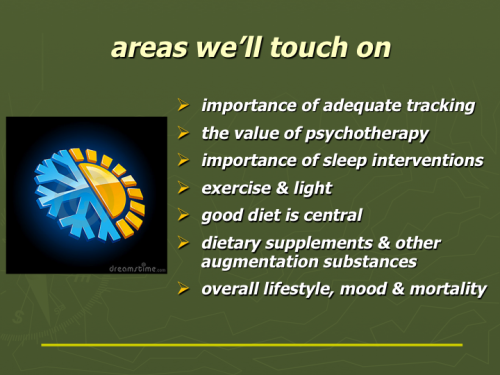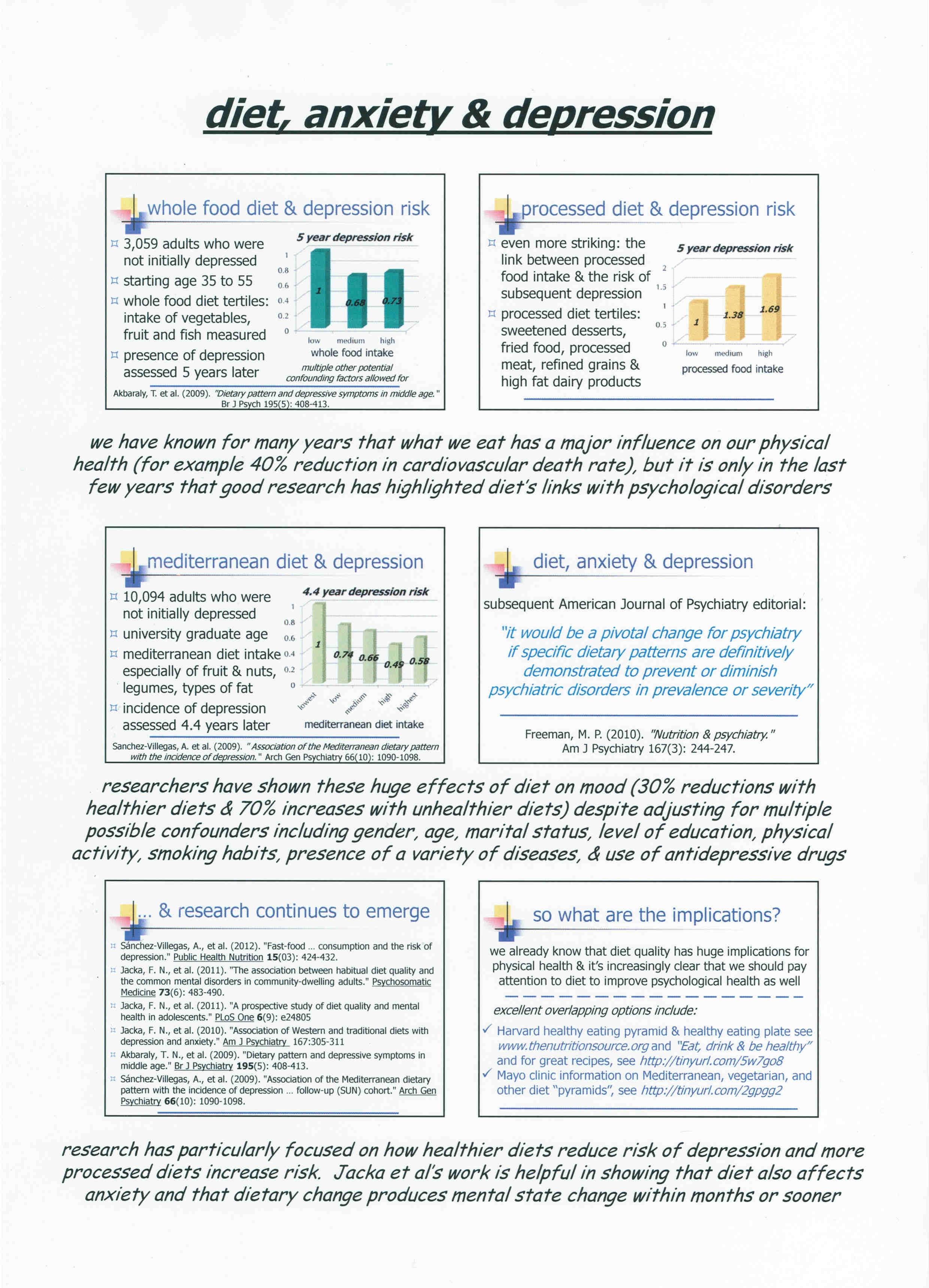Kidney donation: preoperative preparation & facing challenges generally - goals and journey
Last updated on 4th February 2017
I'm due to donate a kidney soon, and I have been writing about what's involved - see "Kidney donation: why it's well worth considering", "Kidney donation: what are the risks?" and "Kidney donation: preoperative preparation & facing challenges generally - values are central". Primarily these posts are for other donors, but aspects of what I write are also relevant for facing challenges more generally as well.


